Taking place in the context of many countries accelerating the expansion of their influence in the region, the 10th Pacific Island Leaders' Meeting (PALM) is an opportunity for Japan to increase its voice and position with island nations in the region.
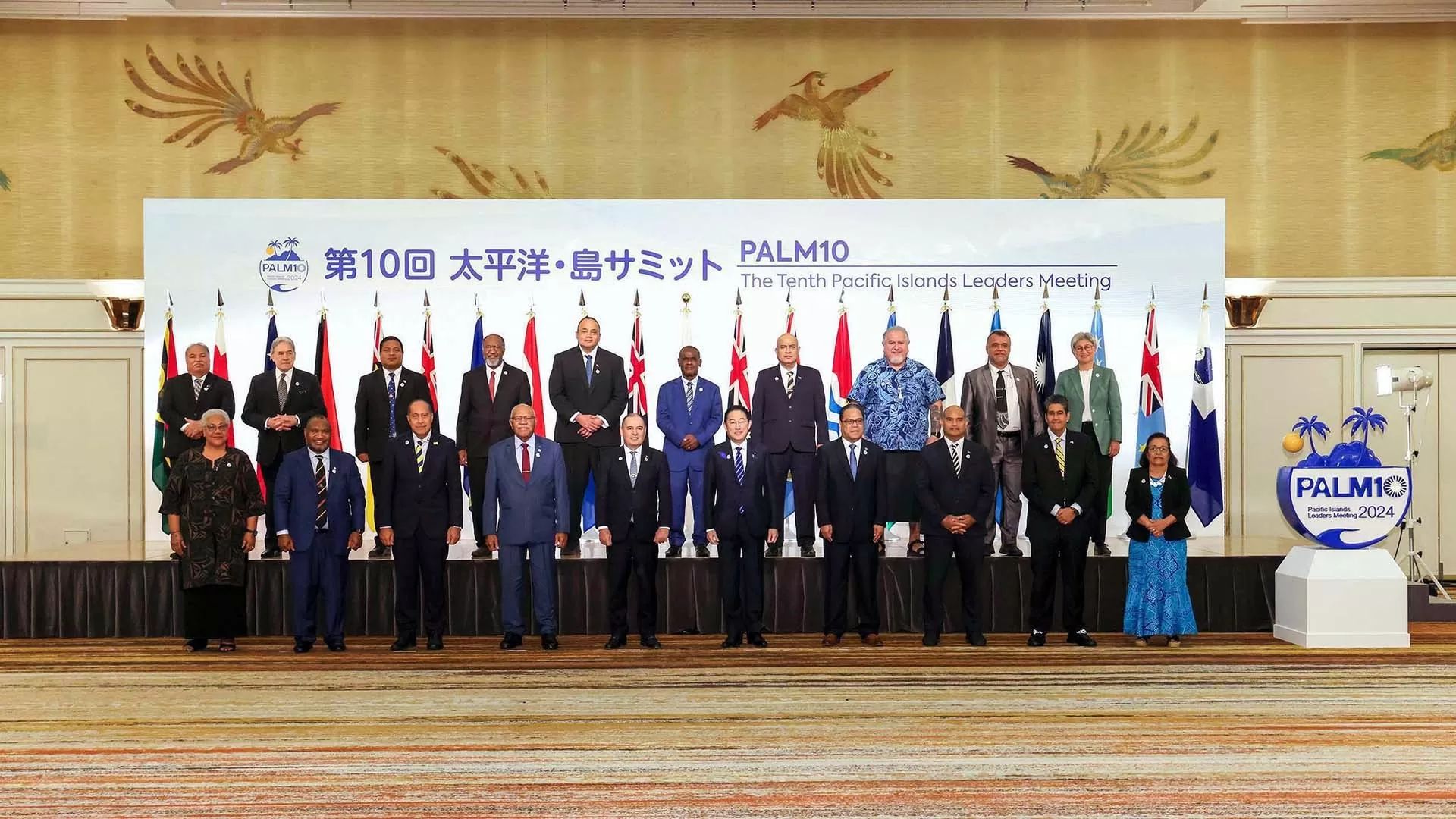 |
| Delegates attending the Pacific Island Leaders' Conference. (Source: japan.kantei.go.jp) |
On July 16, in Tokyo, host country Prime Minister Kishida Fumio welcomed representatives from 18 members of the Pacific Islands Forum (PIF) to attend PALM 10. Taking place over three days, the conference's agenda focuses on important issues affecting the region, from strengthening security to finding measures to respond to, mitigate impacts of, and adapt to increasingly severe climate change.
In his opening remarks at the summit, Prime Minister Fumio Kishida said that Japan and its member countries “have been working closely to address common challenges, such as climate change and disaster response.” He also affirmed that “as we adapt to changing circumstances together, Tokyo will continue to move forward together with the Pacific island nations and territories.”
Japan has a historical relationship with the Pacific Island countries. For more than two decades, since the first summit with the Pacific Island countries was held in 1997, Tokyo has maintained a policy of supporting the countries in this region in many areas, from maritime security to health care, education and climate change adaptation... This policy has helped Tokyo expand its influence, enhance its image and increase national interests in the increasingly "attractive" region.
In addition, Japan itself also needs more substantive and effective cooperation with countries in the region to respond to the challenges caused by climate change, an issue that no country can successfully address alone. In particular, in the context of Pacific island countries facing serious natural disasters caused by climate change, even the possibility of sinking into the sea, these countries, like Japan, need substantive cooperation according to the motto "helping others is also helping yourself".
Given that reality, one issue that Prime Minister Kishida will discuss in depth with member countries is the discharge of treated wastewater from the Fukushima nuclear plant. In November 2023, the leaders of the island nations issued a joint statement expressing “deep concern” about Japan’s discharge of radioactive wastewater. According to the French news agency AFP , speaking before the opening ceremony of the conference, Prime Minister Kishida said that Japan and the 18 member countries “have been working closely to address common challenges, such as climate change and disaster response,” and affirmed that Tokyo “continues to stand side by side with countries and territories in the Pacific region”…
However, in the process of expanding cooperation with island nations in the region, Tokyo also faces increasingly fierce competition from major powers, especially the role and influence of China. Many observers assess that Japan still has some significant advantages. Firstly , in terms of how it works, because before offering any aid package, Japan always carefully studies what its partners really want and how to support effectively in the direction of "not giving fish but giving fishing rods". Secondly, Japan has strong economic potential and advanced science and technology, especially in the fields of monitoring, warning, responding to natural disasters and climate change.
It can be seen that PALM 10 is an important forum and a favorable opportunity for Japan and other countries to continue to discuss in depth, propose practical and effective measures to respond to and resolve common challenges in security, economy, response to climate change, and strengthen cooperation to promote peace, stability and sustainable development in the region and in each country.



![[Photo] Visiting Cu Chi Tunnels - a heroic underground feat](https://vstatic.vietnam.vn/vietnam/resource/IMAGE/2025/4/8/06cb489403514b878768dd7262daba0b)




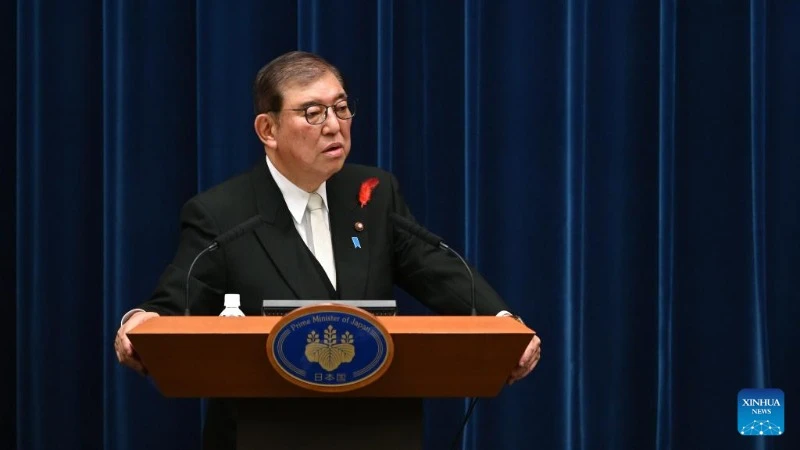


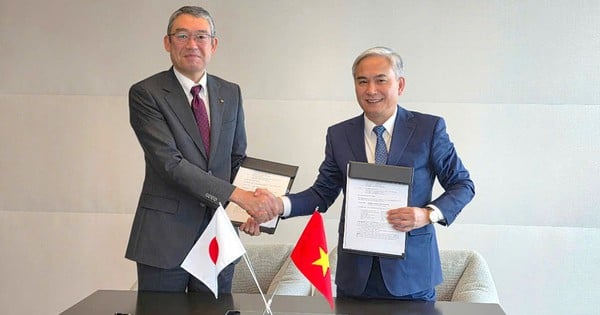



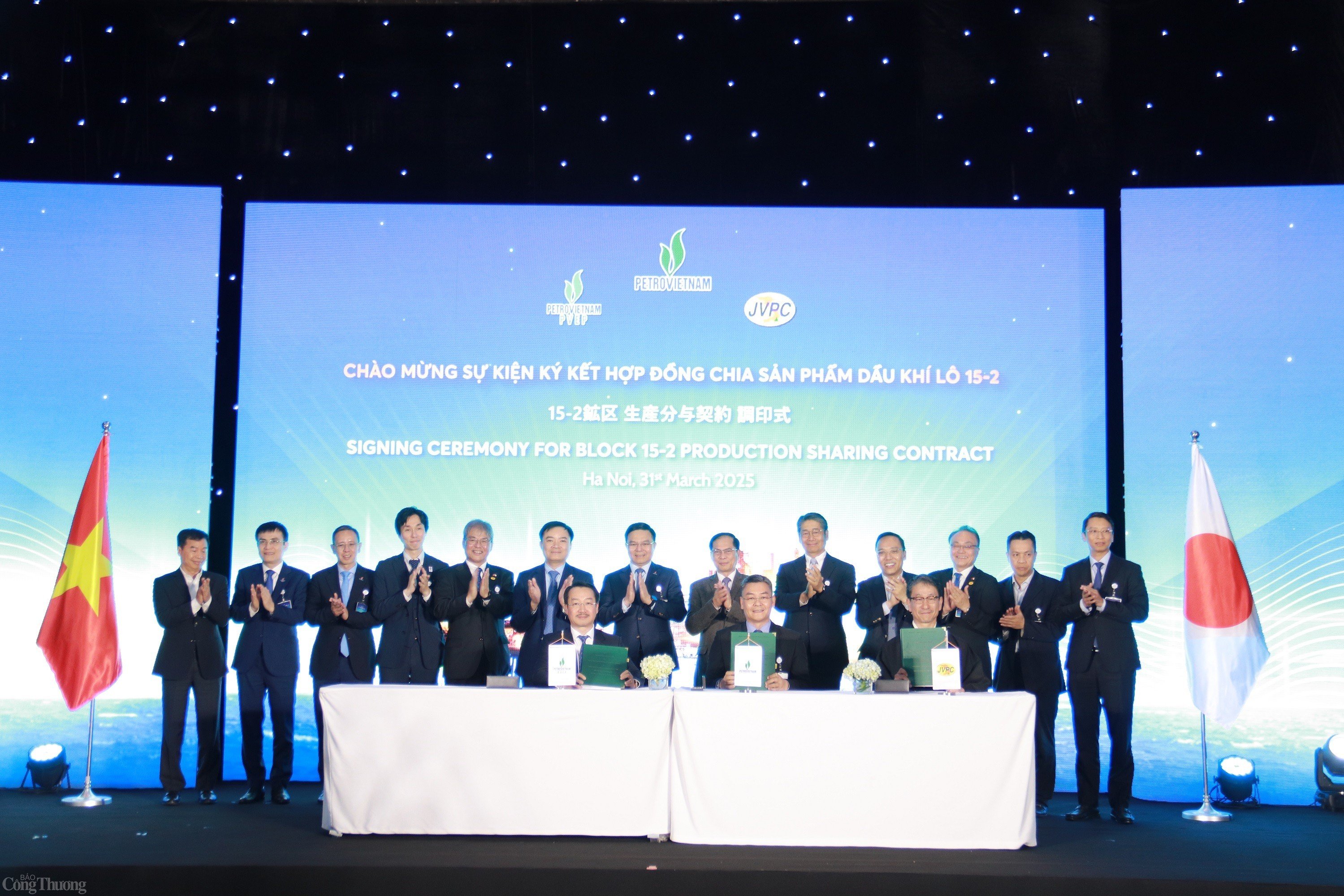




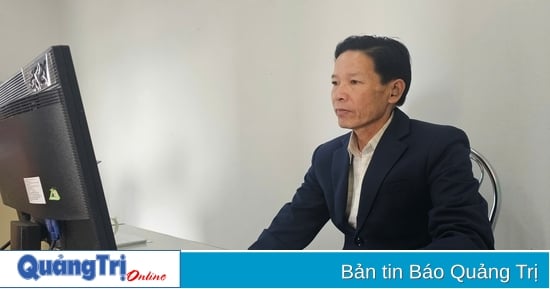

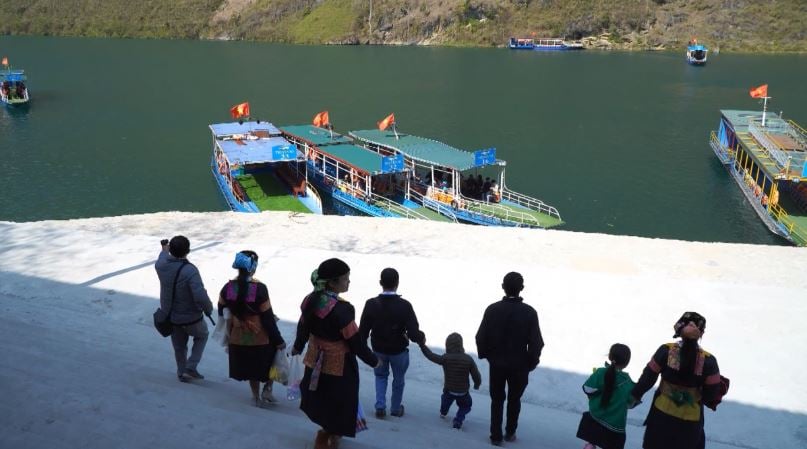
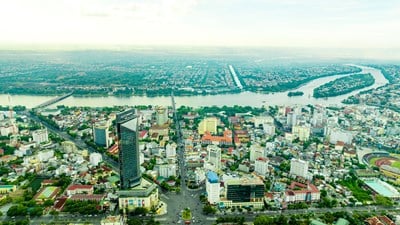





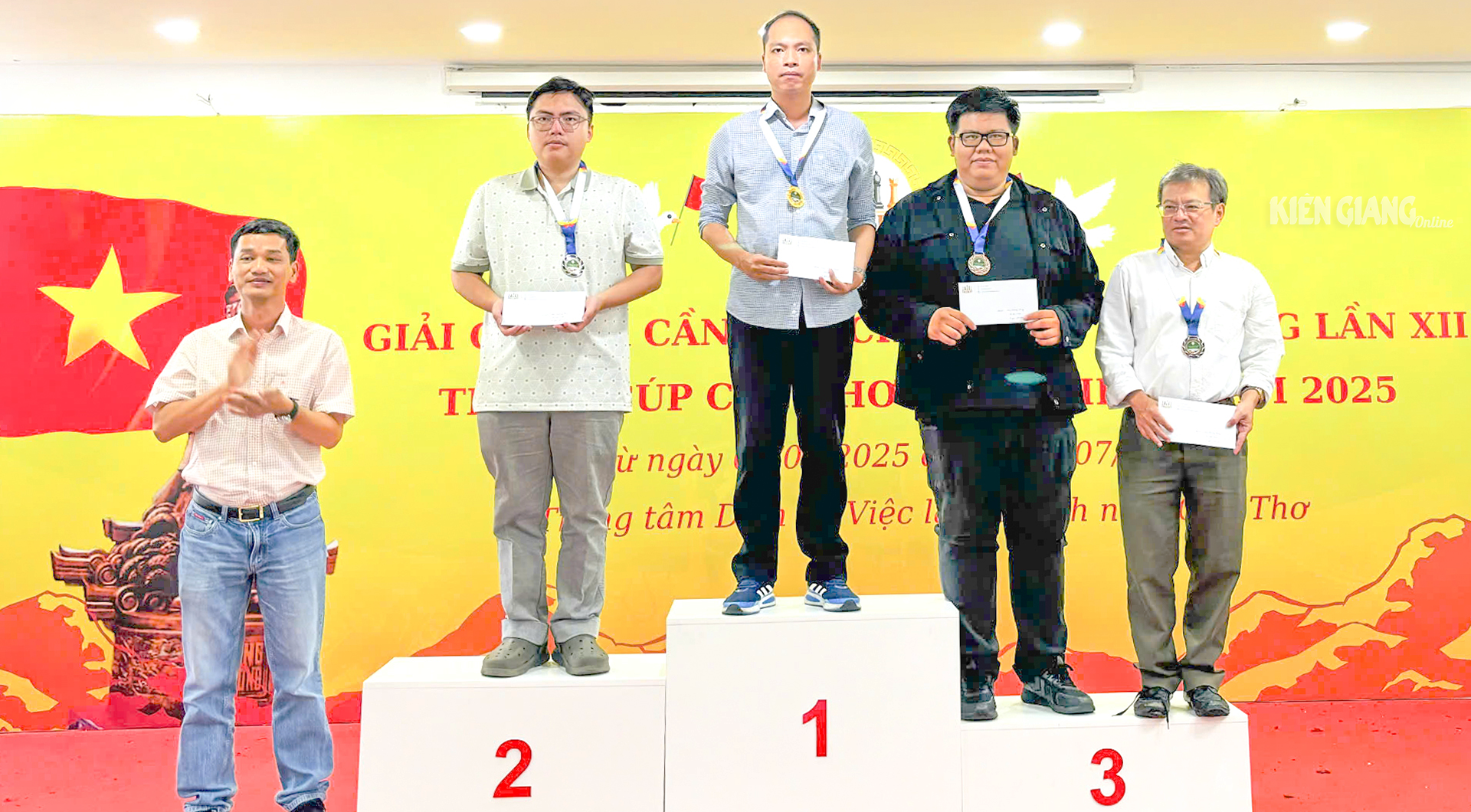
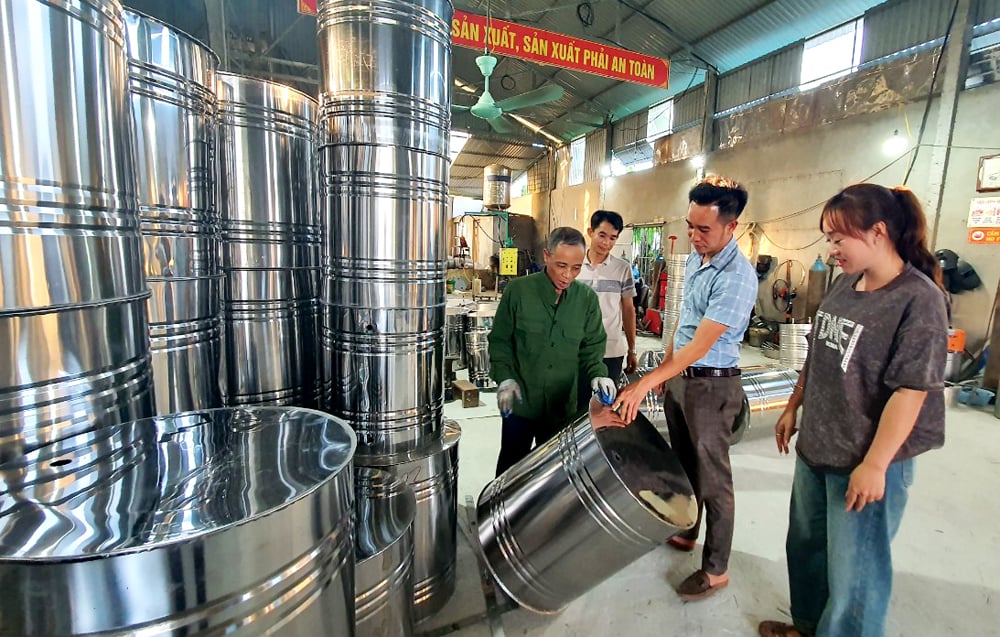
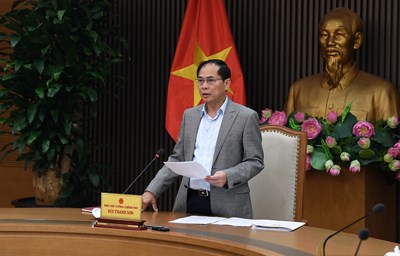






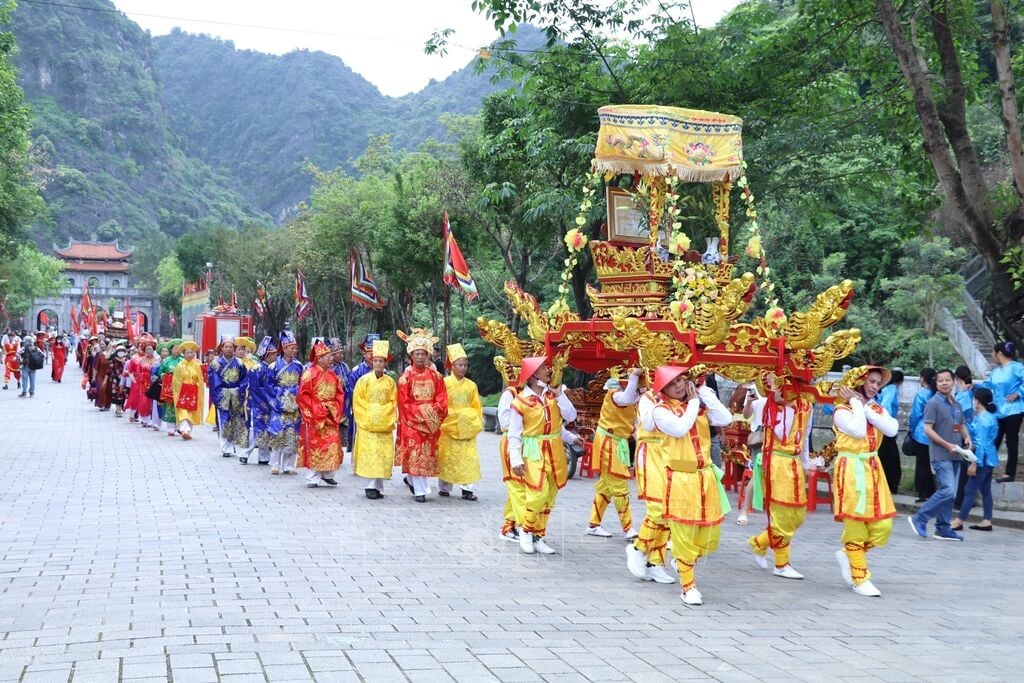



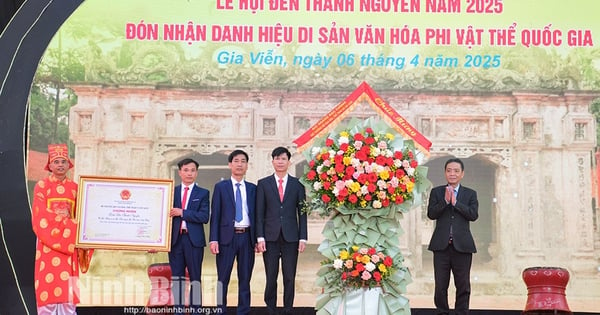




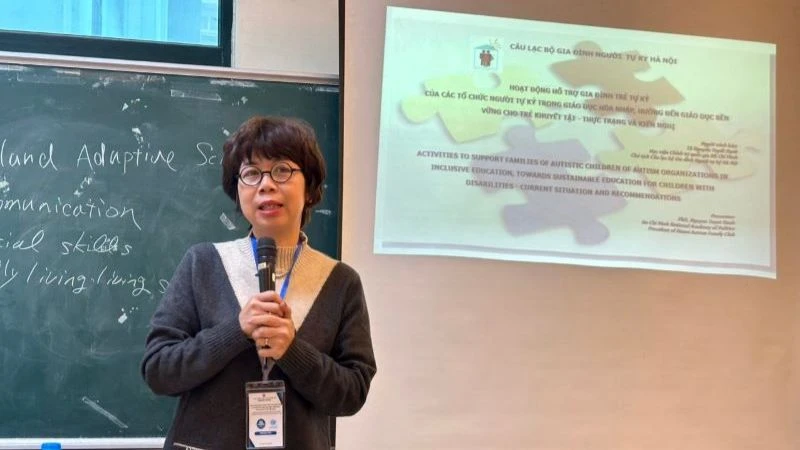


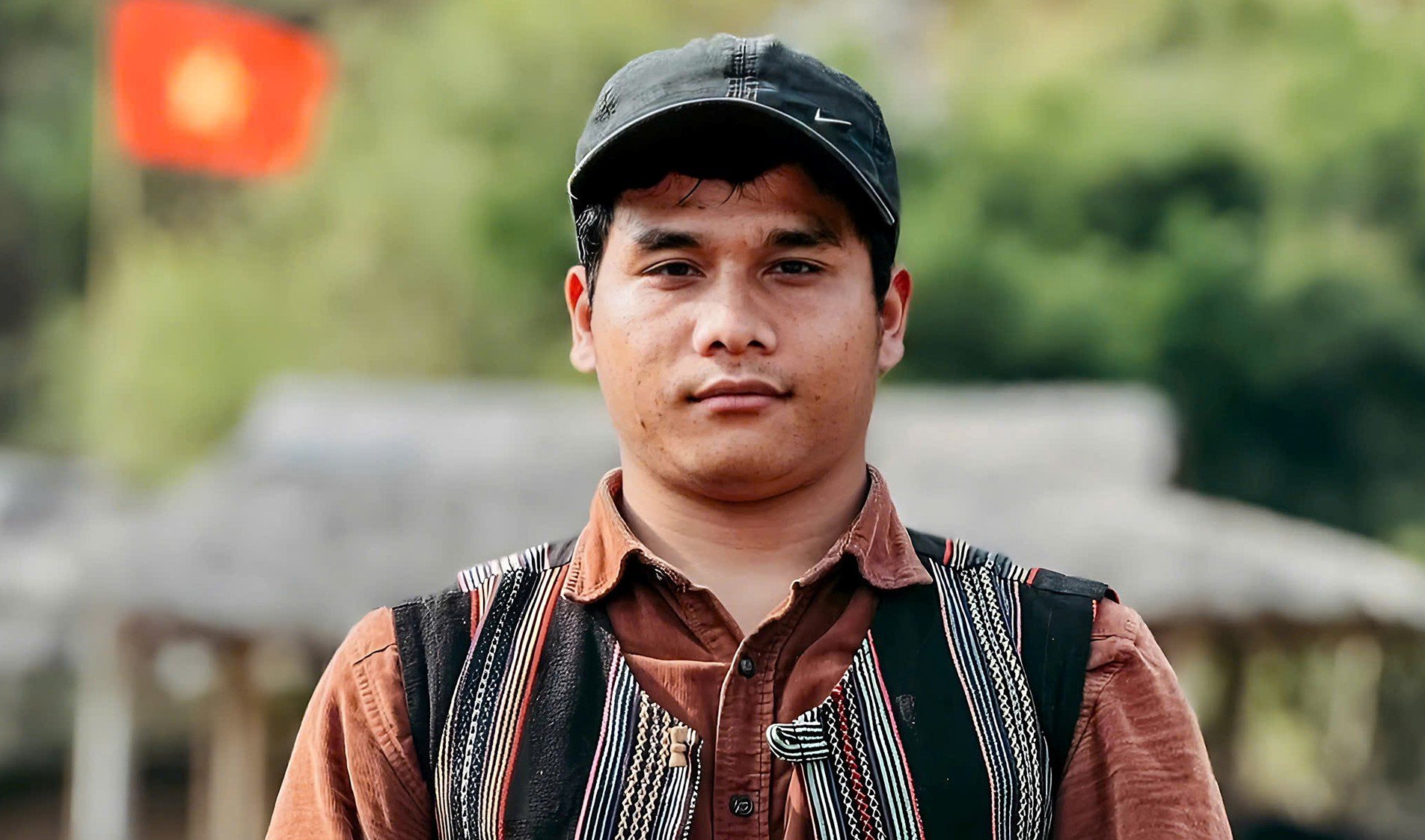

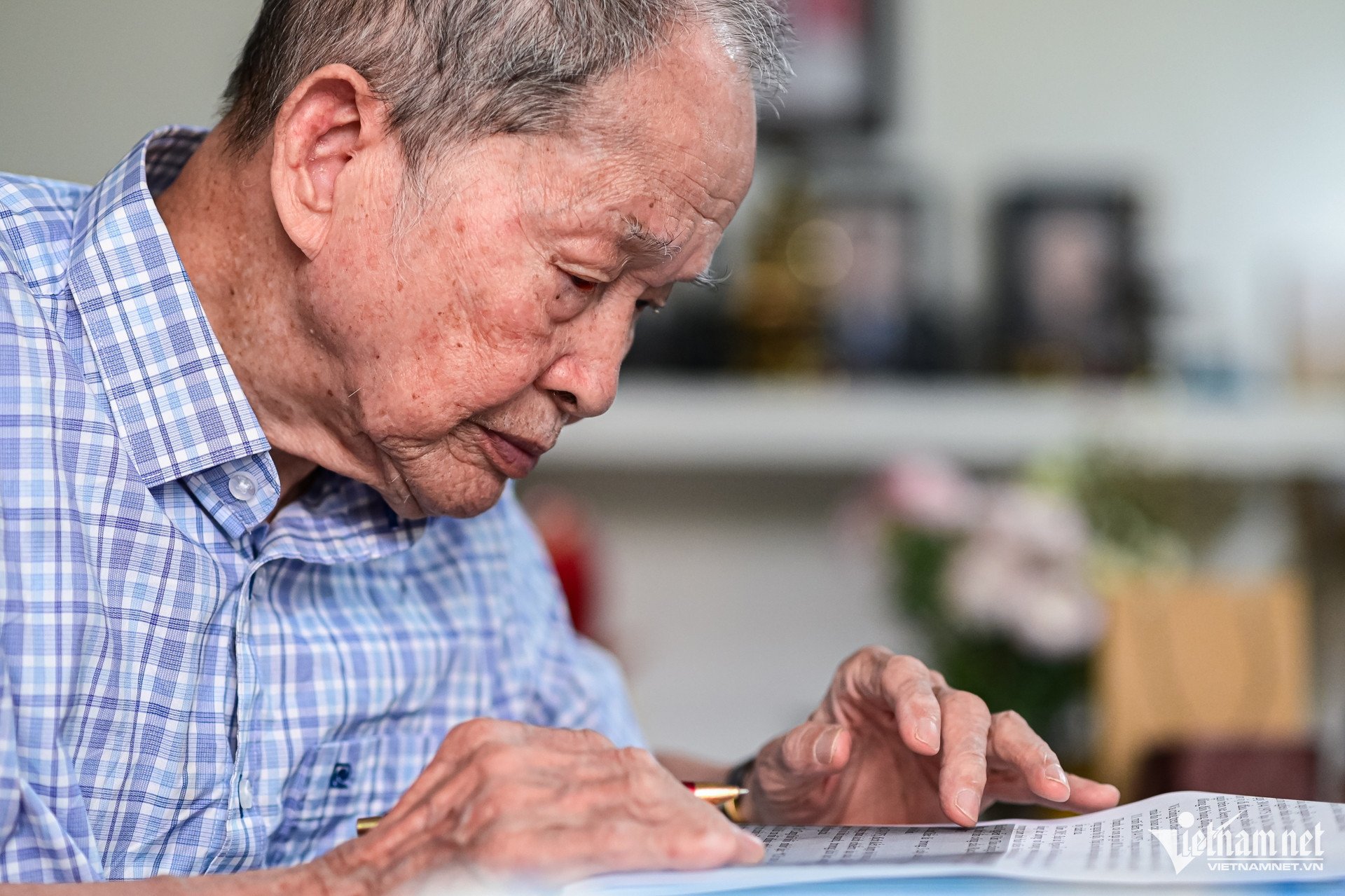
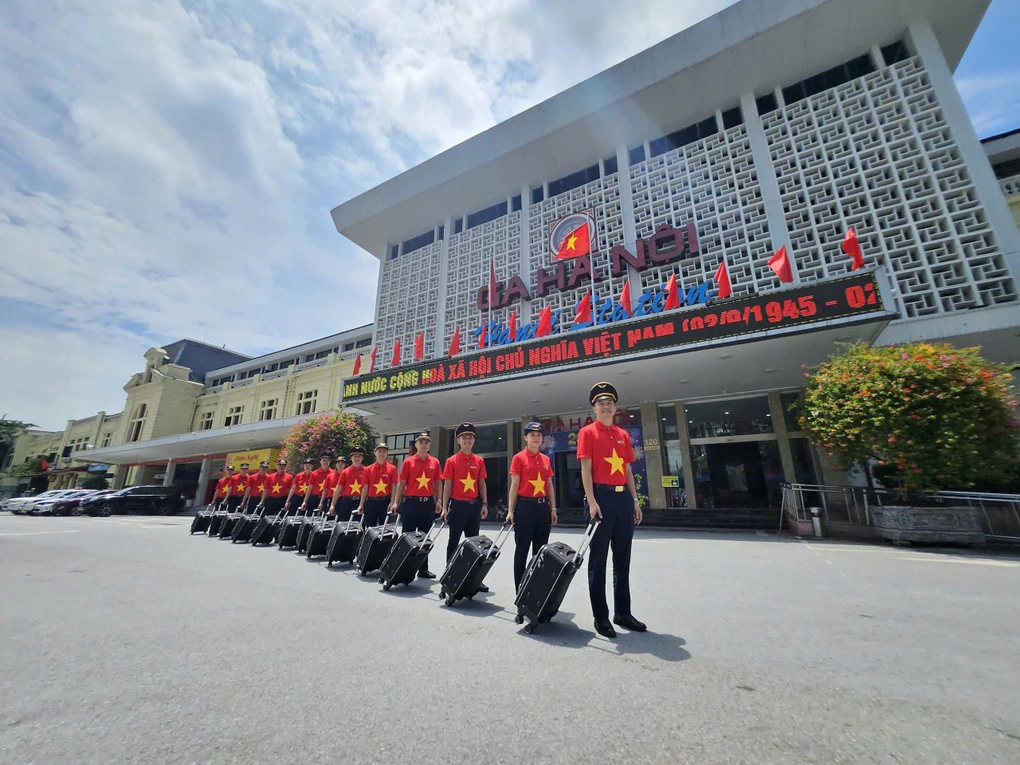




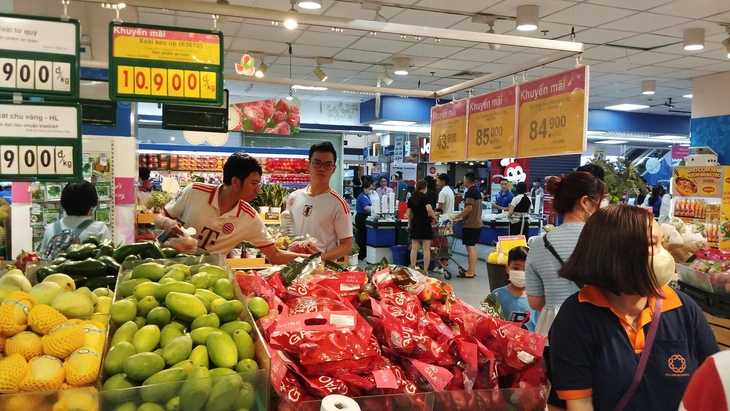


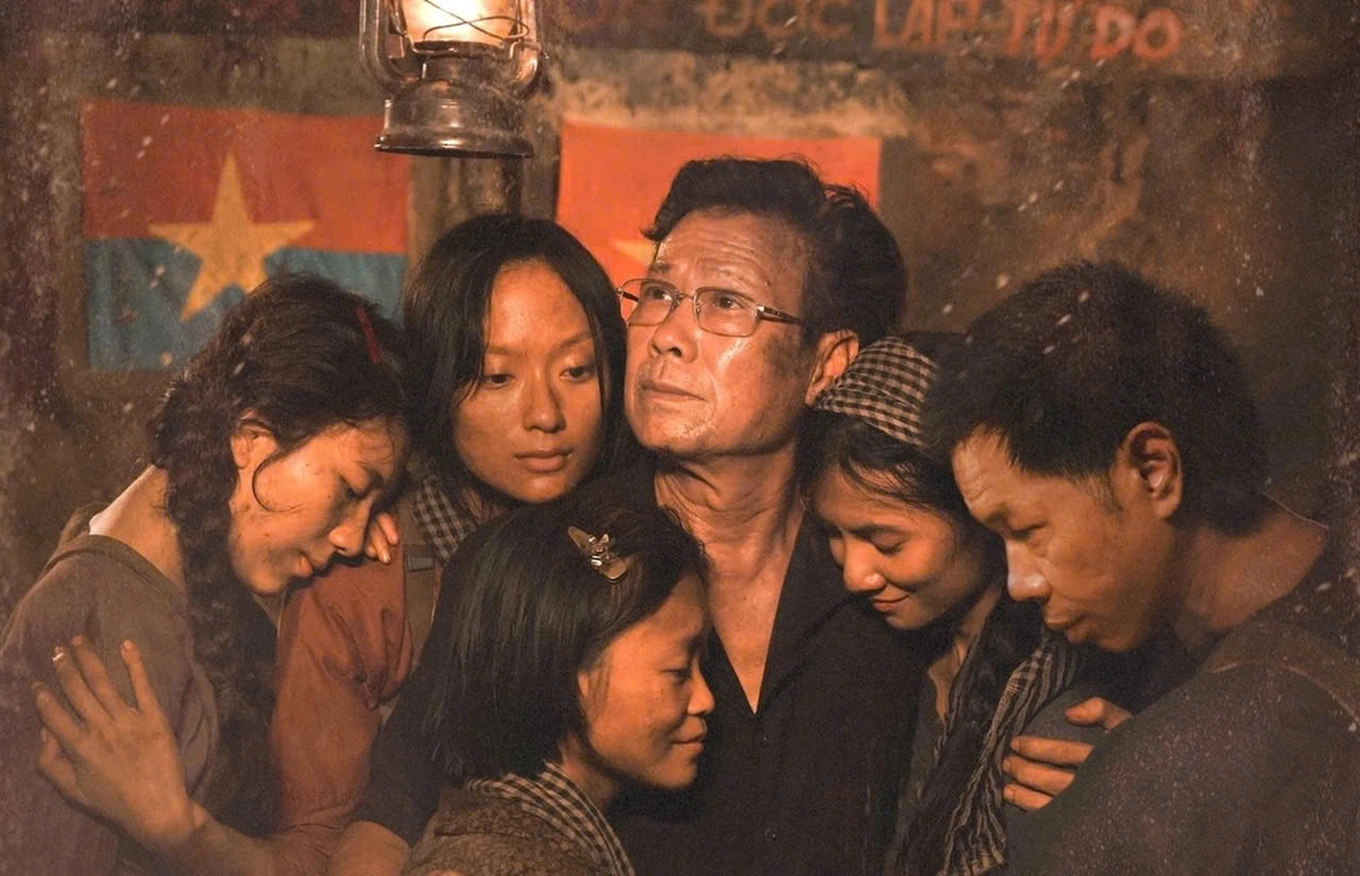
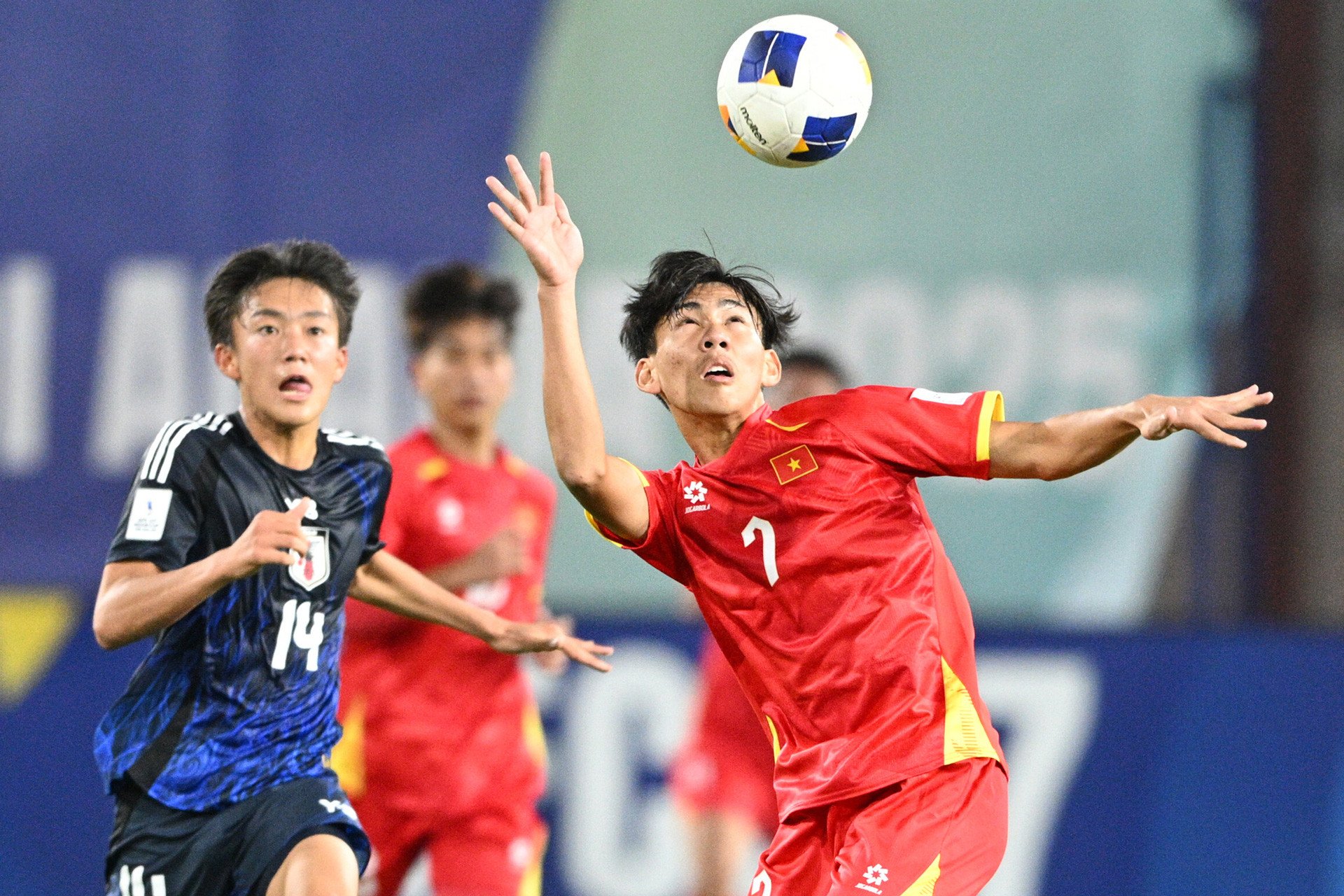
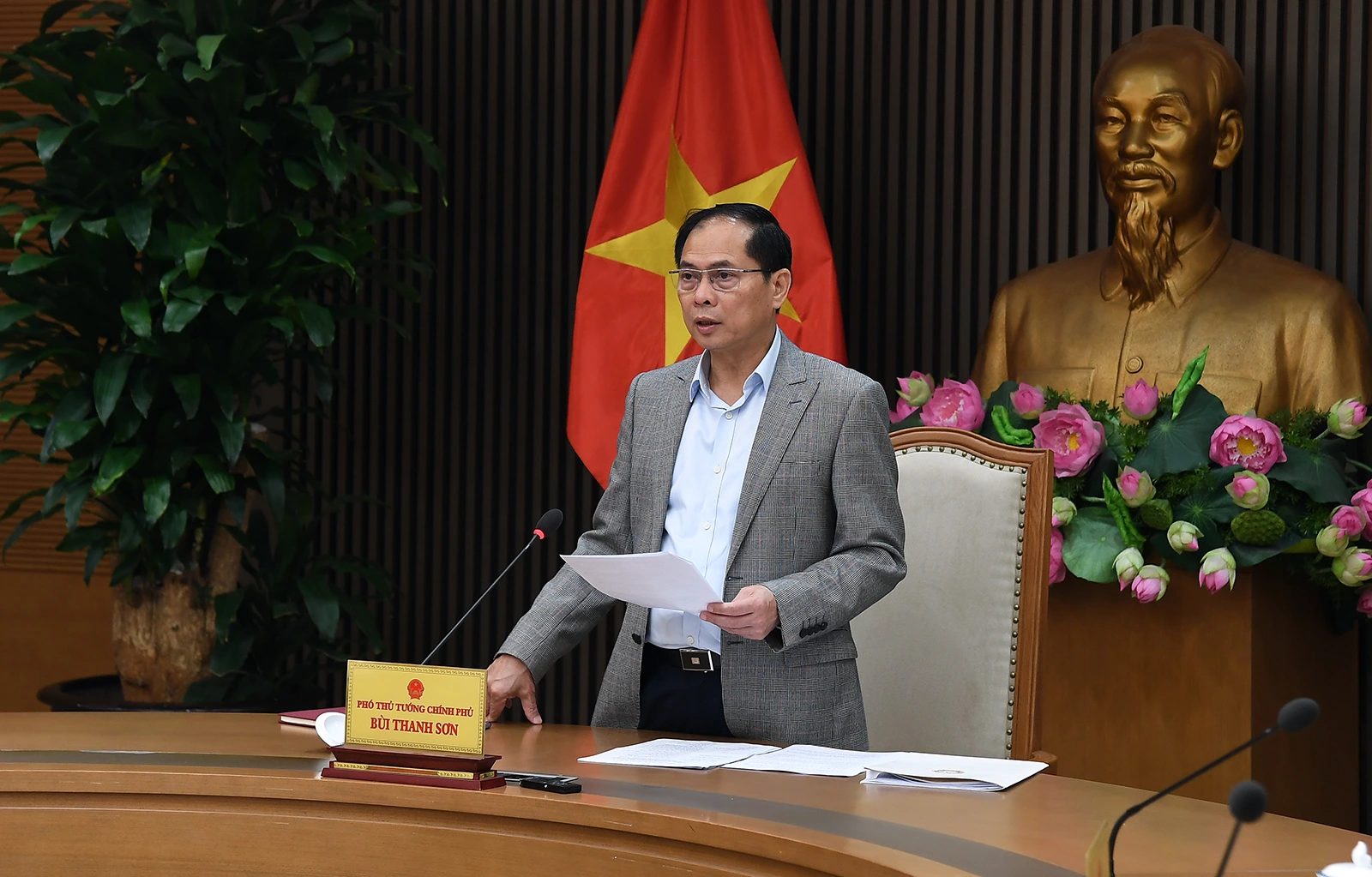















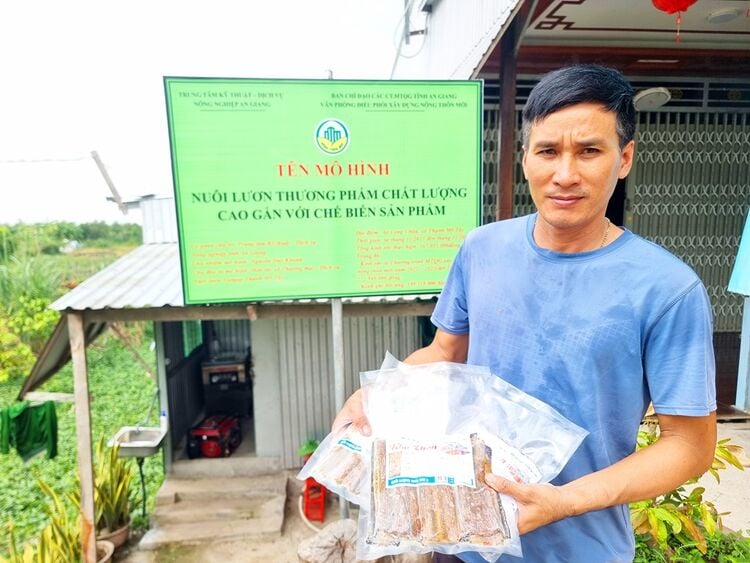
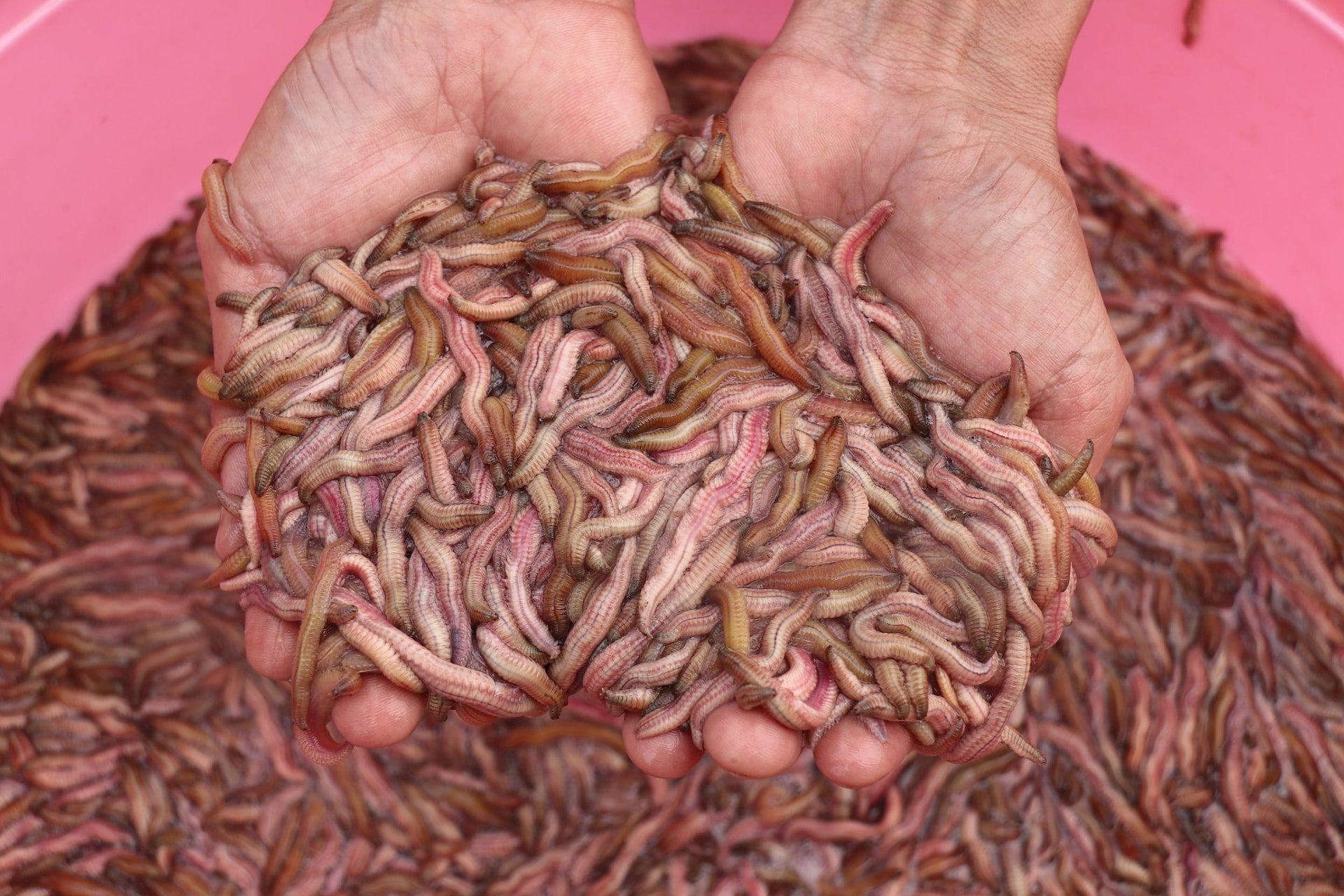


Comment (0)